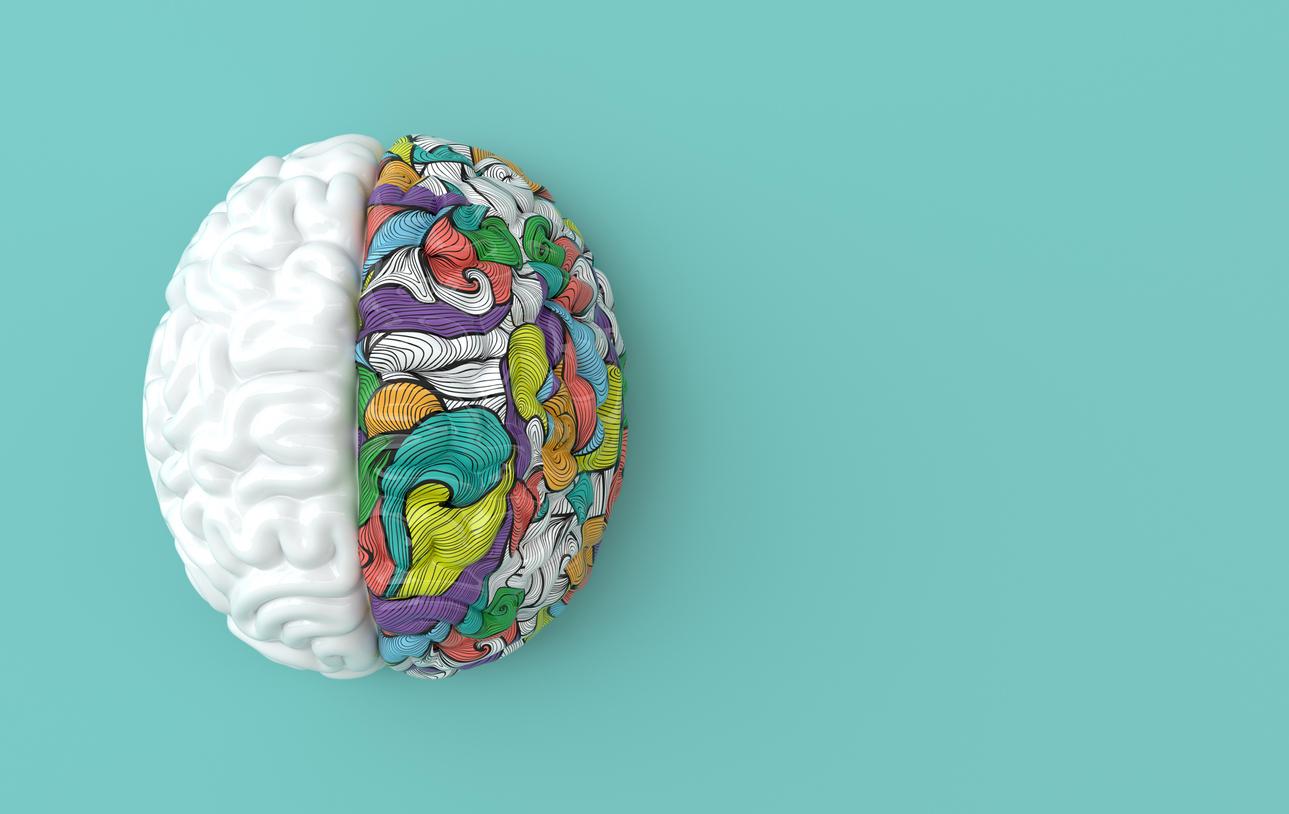Probiotics should not be confused with prebiotics. Probiotics are living microorganisms (mainly: bacteria and yeasts) which participate in the good health of our intestinal microbiota – that is to say: the bacterial flora naturally present in the small intestine and the colon. In 2001, the World Health Organization (WHO) defined probiotics as “living micro-organisms which, when ingested in sufficient quantity, exert positive effects on health, beyond the traditional nutritional effects“.
Prebiotics, on the other hand, are the “food” of these “good” bacteria that proliferate in our intestines. Regular consumption of prebiotics therefore also contributes to the balance of the intestinal microbiota. While it is obviously possible to supplement with prebiotics (through food supplements), these are naturally present in foods rich in fiber: fruits, vegetables, cereals …
A course of prebiotics to improve mental health
Selon a recent study conducted by the University of Surrey (England), prebiotics are said to be good for the mental health of young adults, between 18 and 25 years old.
To reach this conclusion, the British researchers (who published their work in the specialized journal Scientific Reports) worked with a group of 64 volunteers, women aged 18 to 25. The participants were divided into two groups: the first group received daily prebiotic supplementation for 28 days, while the second group received only a placebo.
Results ? At the end of the experiment, the scientists observed an improvement in the mental health of the volunteers who had benefited from supplementation with prebiotics. Very specifically, young women reported lower anxiety rates compared to the “placebo” group, but also better sleep and fewer mood disorders. To try !
Source: Inserm
Read also :
- Derma: what are the benefits of probiotics for the skin?
- Probiotics: watch out for unwanted side effects
- Traces of gluten in probiotics

















